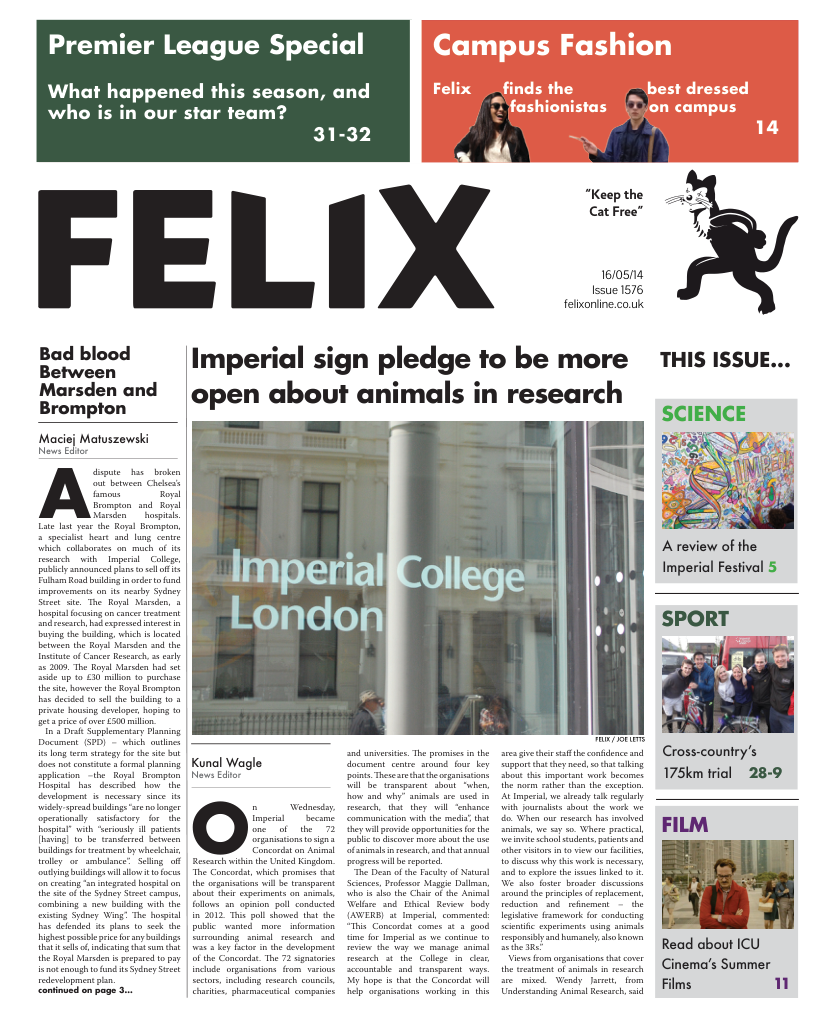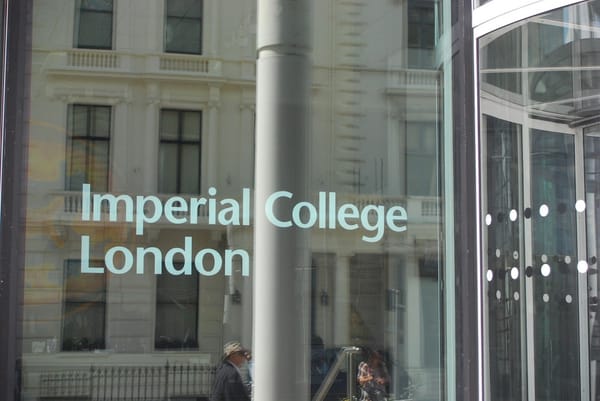Royal Society of Chemistry awards five prizes to Imperial Professors
This week five Imperial chemists were rewarded for their contributions to chemical sciences with prizes from the Royal Society of Chemistry.
This week five Imperial chemists were rewarded for their contributions to chemical sciences with prizes from the Royal Society of Chemistry.
The winners, who are Dr Matthew Fuchter, Professor Iain McCulloch, Professor Milo Shaffer, Professor Molly Stevens and Dr Edward Tate, have been awarded their prizes for their “true excellence in shaping the future of their field”.
Dr Fuchter won the Harrison-Meldola Memorial Prize. His group has recently found a new way to eradicate malaria infections. He said of his award that he hopes “to use the associated lectureships to highlight my group’s recent exciting and collaborative work concerning function-orientated synthesis.”
Professor Shaffer and Professor Stevens were both awarded with the Corday Morgan prize, which is awarded for the most meritorious contributions to chemistry.
Professor Shaffer won for “the development of transformative new nanocarbon chemistry and applications that can be applied at a practical scale.”
Professor Stevens won for her “research in the field of biomedical materials”, particularly for her “development of nanoparticles and diagnostic platforms.”
Dr Tate won the Norman Heatley prize “for his contributions to the area of antimalarial drug discovery and for pioneering the application of chemical proteomics and its implementation in the identification of novel therapeutic targets.”
The RSC awarded Professor McCulloch the Tilden Prize, which is awarded for advances in Chemistry. He won “For his research on semiconducting aromatic polymers for organic electronic and solar cell applications, especially his development of methods for controlling the organisation of such polymers in the liquid crystalline phase.”
This year’s awards built on the success of last year, where the College won two awards from the Royal Society of Chemistry, further enhancing the reputation of an already strong subject area for the college.







